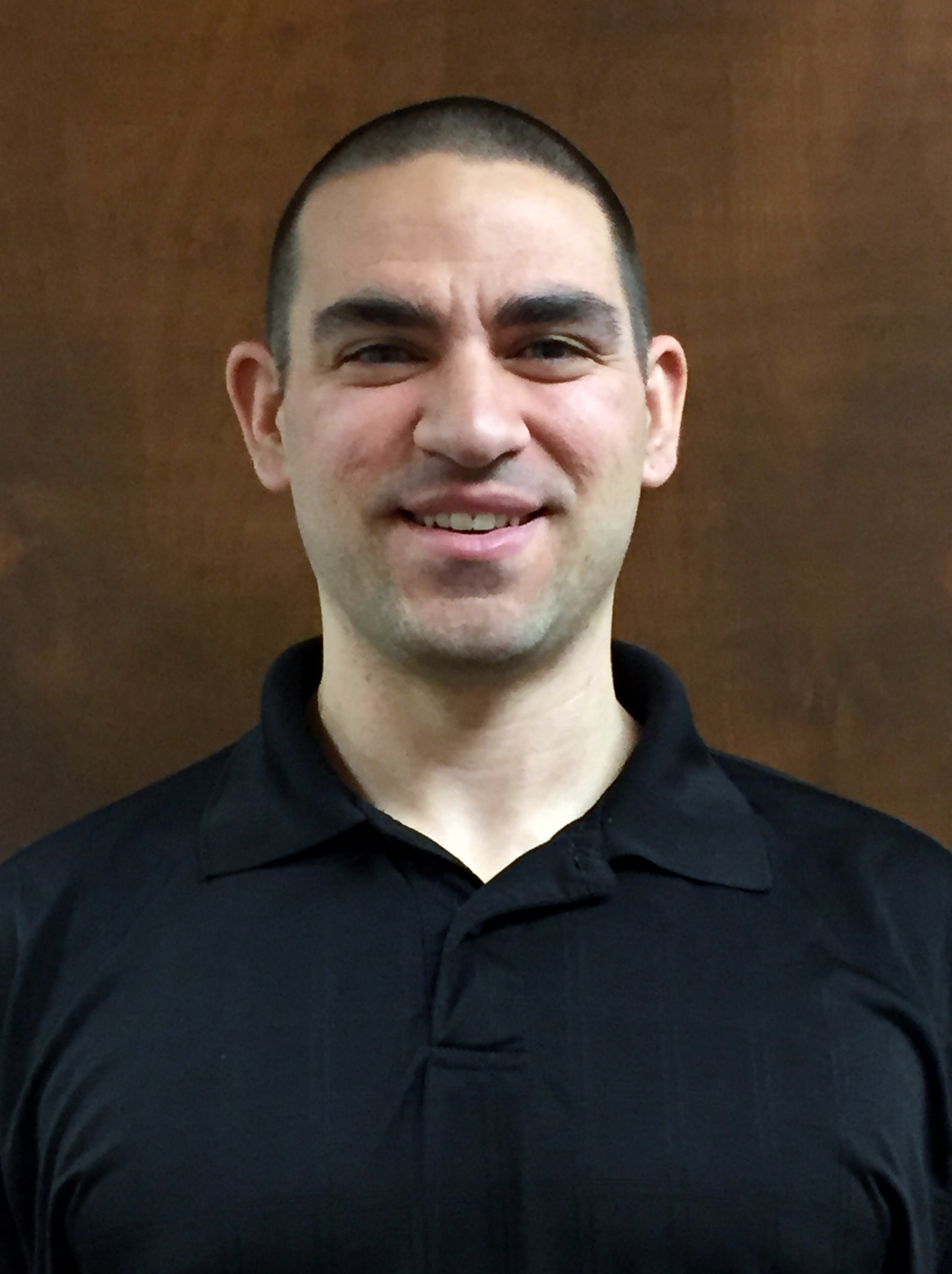Problem Gambling Awareness Continues! Posted On
The 2018 Problem Gambling Awareness Month (PGAM) has been a huge success. While partnering with agencies across NYS, and sharing resources across the US, we have seen a huge increase in public awareness of problem gambling.
Significance of PGAM
Problem Gambling Awareness Month is a dedicated time for professionals, and community members, to spend extra time talking about, raising awareness of, and helping people adversely affected by problem gambling. Helping to raise awareness increases the possibility of people getting help, which improves their lives and the lives of those around them.
Specific Topics of 2018 PGAM
The two targeted topics of the 2018 Problem Gambling Awareness month for NYS were co-occurring disorders and suicide awareness. Co-occurring disorders means that a person may be struggling with more than one mental health disorder at a time. Problem gambling does not usually exist on its own. Over 60% of those struggling with gambling disorder have a co-occurring psychiatric disorder. Some disorders that commonly co-occur with gambling disorder include:
- Personality Disorders: About 6 in 10 people struggling with gambling have a co-occurring personality disorder
- Mood Disorders: Nearly half have a co-occurring mood disorder.
- Anxiety Disorders: 41.3% have a co-occurring anxiety disorder (Petry et al, 2005)
While 1 in 5 people struggling with problem gambling have thoughts about or have attempted suicide, the risk for suicide increases with co-occurring disorders. Of those struggling with gambling disorder and a co-occurring mental health disorder:
- Half have had suicidal thoughts.
- Over 17% of these gamblers have attempted suicide. (Moghaddem et al, 2015)
Half of people struggling with gambling disorder and a co-occurring mental health disorder have had suicidal thoughts.
Gambling Disorder Screening
Getting screened for gambling disorder is the first step to getting help for problem gambling. Many people may have a gambling addiction that goes unnoticed, which is why problem gambling is known as the “hidden addiction.” Screening is especially important since many people in recovery from substance use disorders may develop a gambling addiction in place of their substance use disorder. The more people that are screened only increases the number of people made aware of the problem so they can get the help they need.
Continuing the Conversation After March
We hope that everyone will continue to have the conversation about problem gambling with family, friends, and colleagues throughout the year. There are many people who have heard about this issue, but may not have been ready to take a step to change. If they continue to hear the message about problem gambling as a treatable disorder and the treatment options available, they will continue to think about getting help and, hopefully, eventually get the help they need.
To continue having the conversation about problem gambling, here are some resources to keep yourself on the cutting edge of problem gambling research, treatment and preventative actions:
- Subscribe to the NYCPG mailing list
- CHA Gambling Disorder Screening Tools
- NYCPG Professional Training on Problem Gambling
- org Resources
- New York State HOPEline

Thank you for helping to raise awareness of problem gambling!

